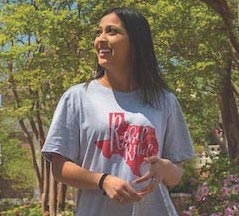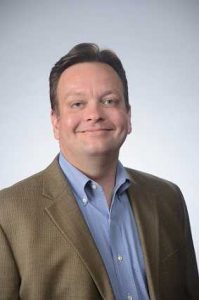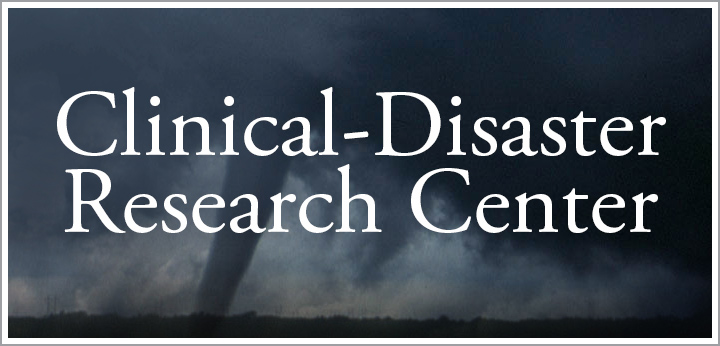SEPTEMBER 13, 2018
Disasters affect the lives of every one of us. They threaten our health and well-being. They threaten our communities, our state, and our country.
“Being susceptible to a variety of disasters, studying disaster sciences from a multidisciplinary perspective is of critical importance,” said Cayla Hari, a psychology and Spanish major.
Globally, the United Nations estimates natural disasters have cost $1.4 trillion and affected 1.7 billion people over the past decade. Each year, on average, more natural disasters strike the US than any other country except China. Natural disasters are not our only threat. There are technological disasters—fires, aviation disasters, explosions, chemical, and oil spills. There are domestic and international terrorist attacks.
“This new disaster sciences minor aims to raise awareness of the importance of disaster preparedness, mitigation, response, and recovery,” said Stefan Schulenberg, professor of psychology and director of the disaster sciences minor. “We hope to shape a culture of awareness and motivating action, to train our students with respect to being proactive as opposed to simply reactive, and to prepare students for working in multidisciplinary fashion in various community contexts.”
The minor melds social science courses in the College of Liberal Arts and courses in Applied Sciences to expose students to the science and practice in fields such as emergency management and disaster mental health. Students receive training in research areas within the disaster sciences, and with respect to occupations in emergency management. The minor promotes an integrated understanding of human behavior—before, during, and after disasters—and an enhanced ability to work effectively across disciplines in diverse disaster-related contexts.
“Disasters are unavoidable, and seeing how reactive rather than proactive we tend to be as a society has opened my eyes for the necessity of furthering education in this area,” said Calli Holland, a psychology major. “I am proud and excited to be a part of a university that is doing just that.”



